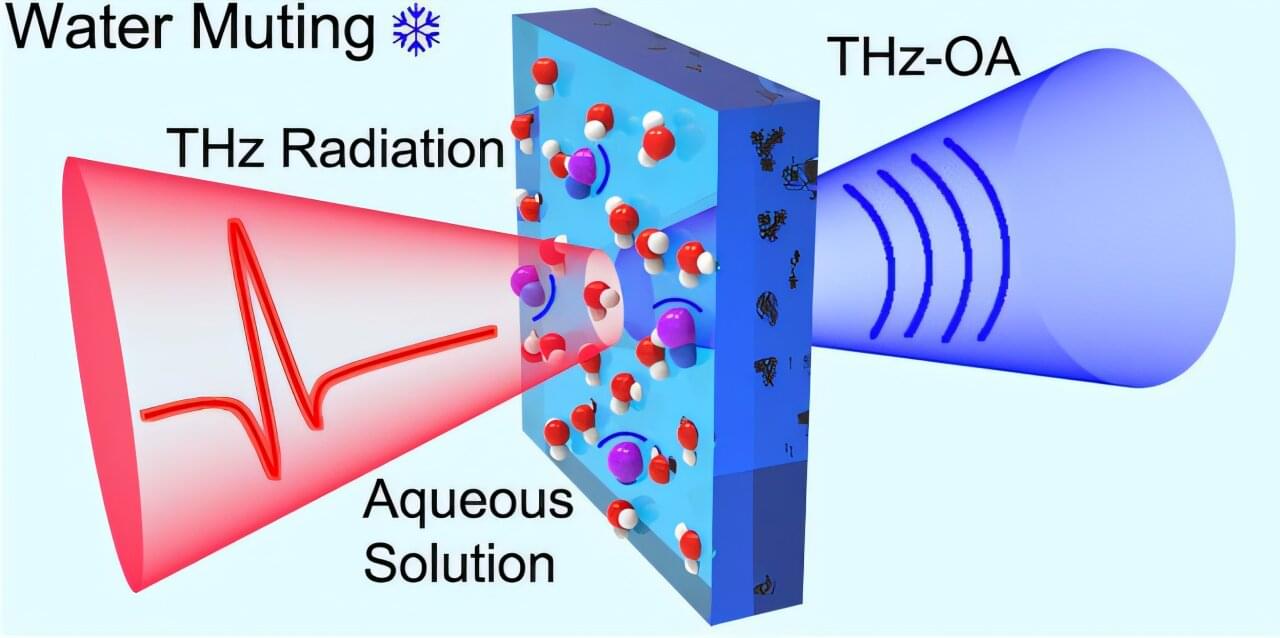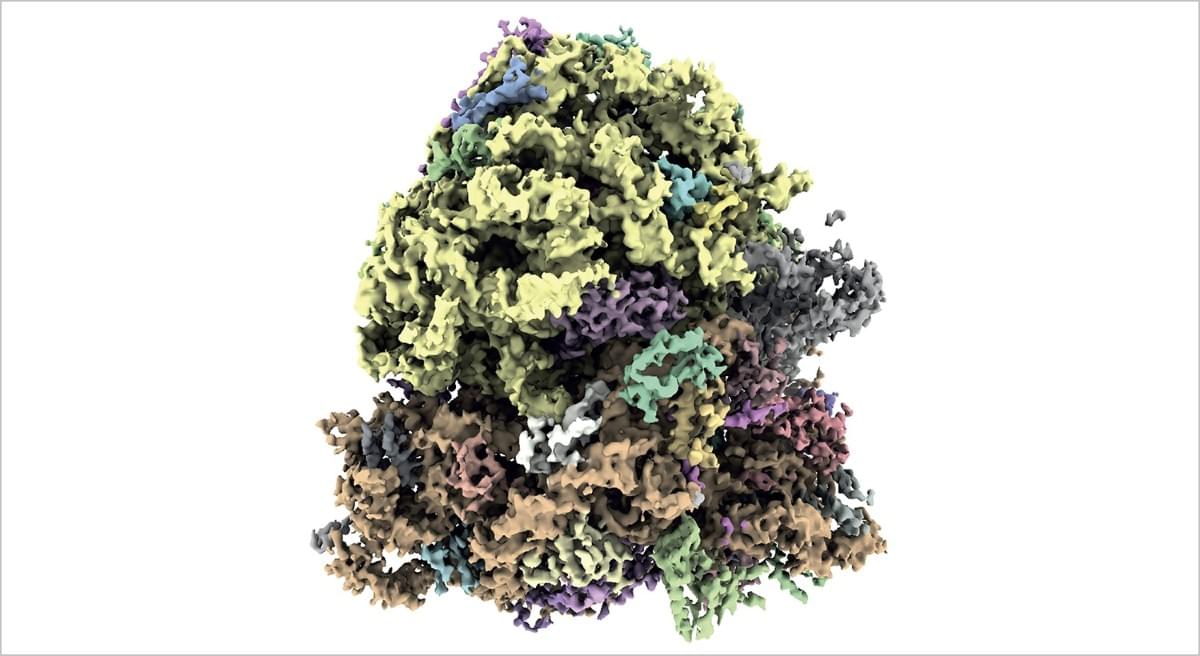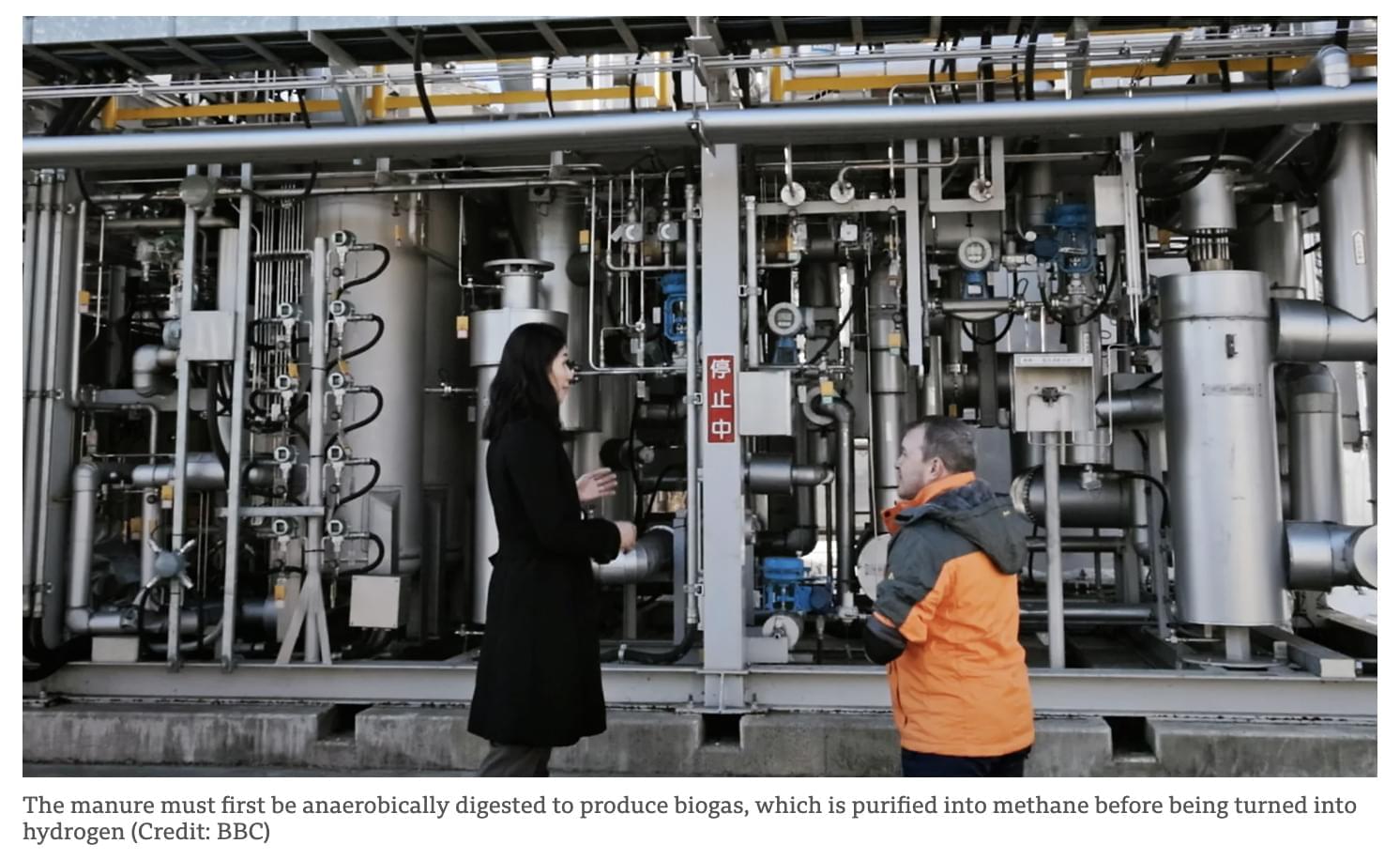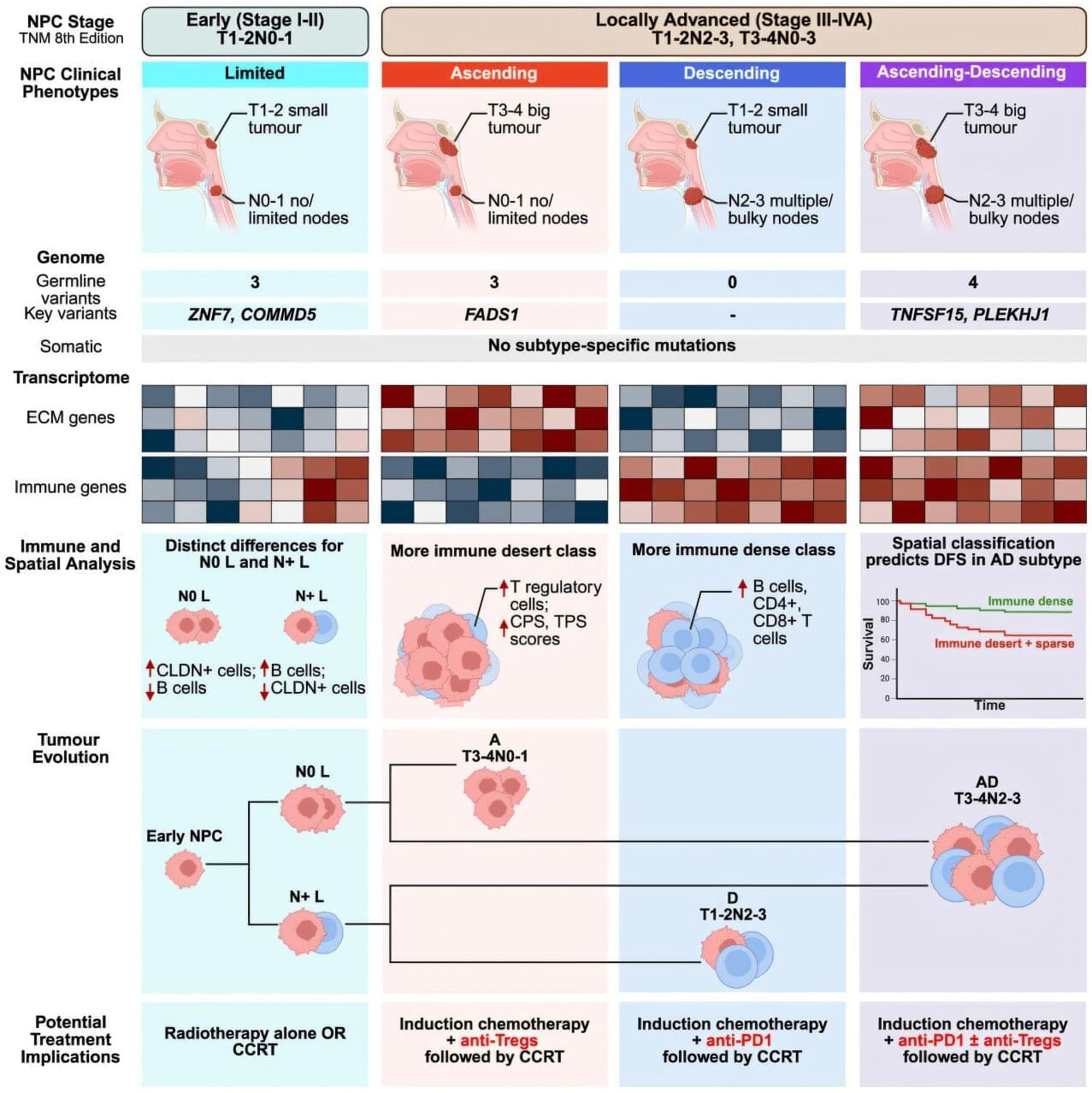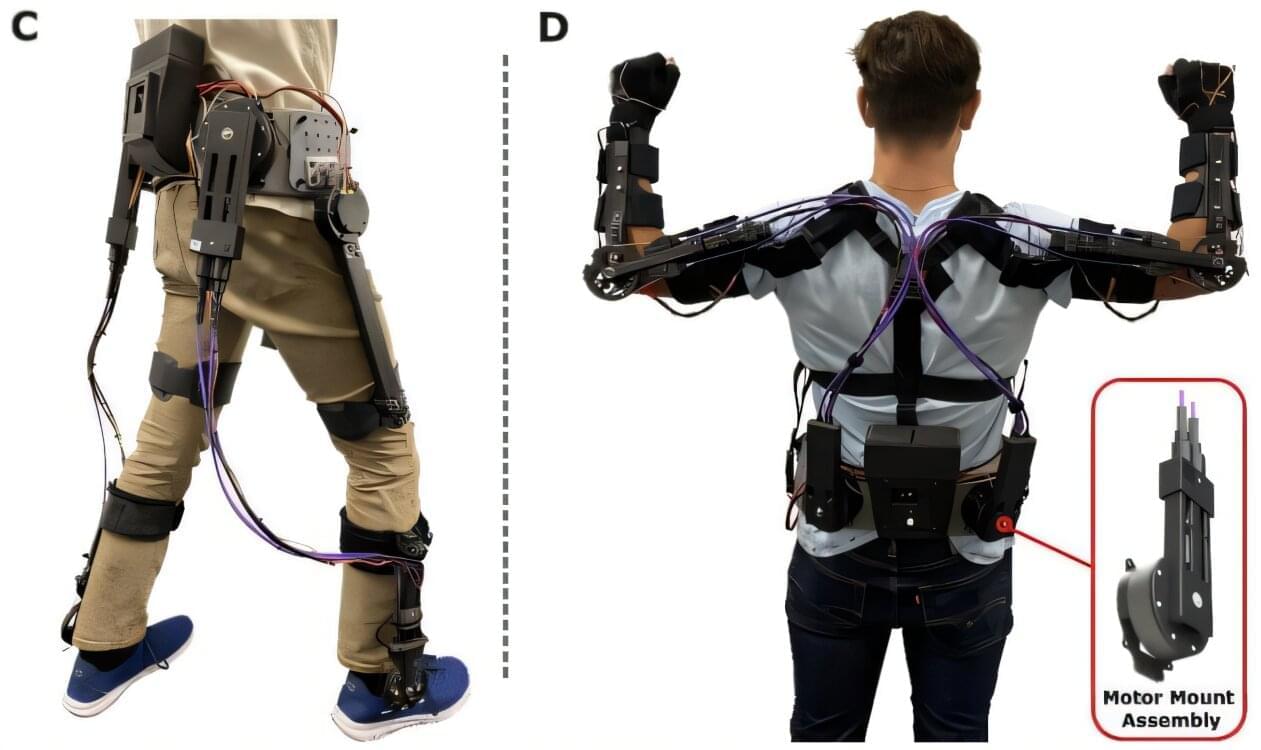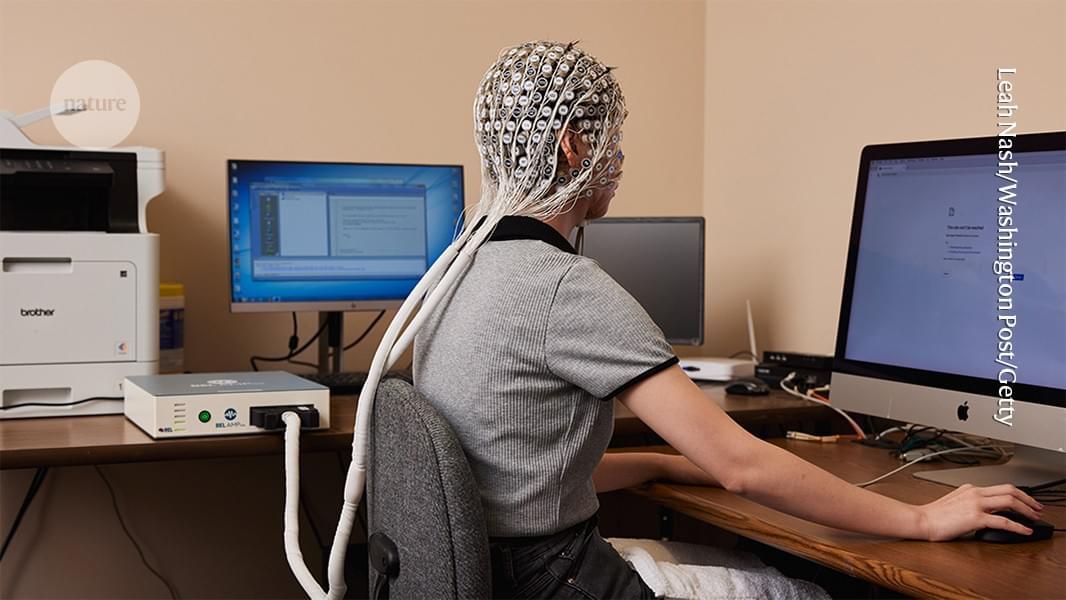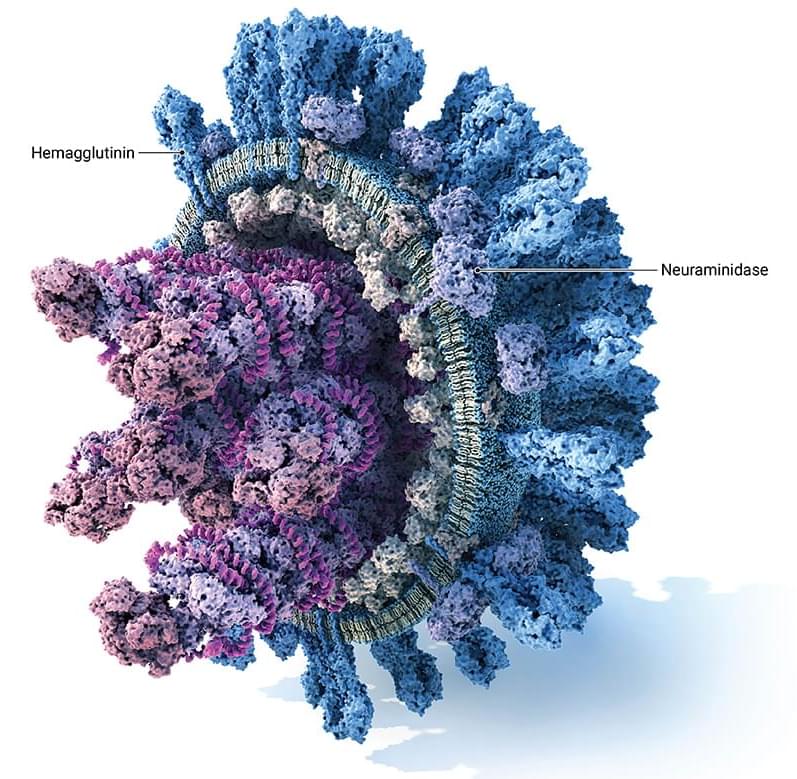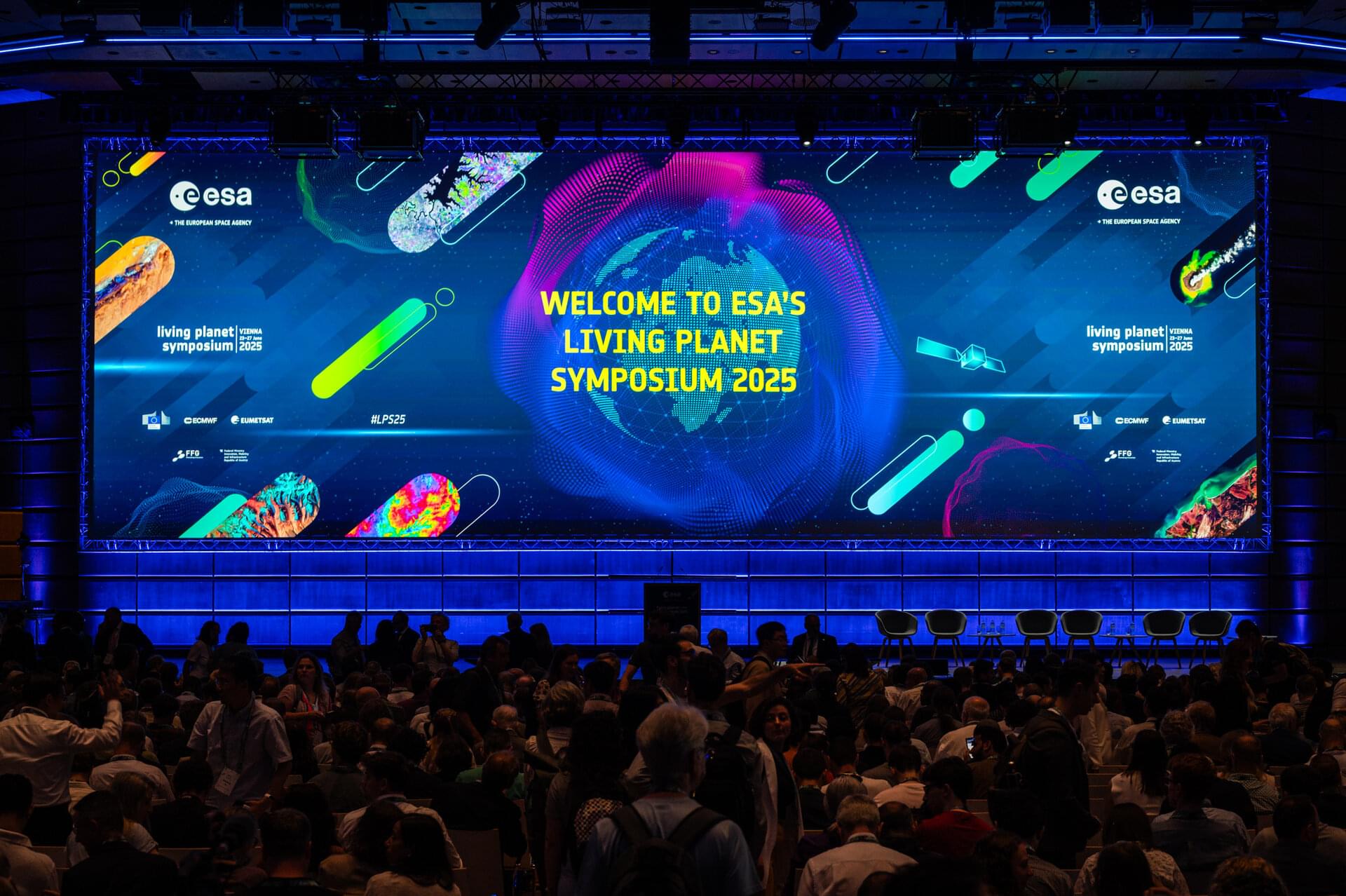In a new study, researchers demonstrate long-term, non-invasive monitoring of blood sodium levels using a system that combines optoacoustic detection with terahertz spectroscopy. The paper is published in the journal Optica.
Accurate measurement of blood sodium is essential for diagnosing and managing conditions such as dehydration, kidney disease and certain neurological and endocrine disorders.
Terahertz radiation, which falls between microwaves and the mid-infrared region of the electromagnetic spectrum, is ideal for biological applications because it is low-energy and non-harmful to tissues, scatters less than near-infrared and visible light and is sensitive to structural and functional biological changes.
